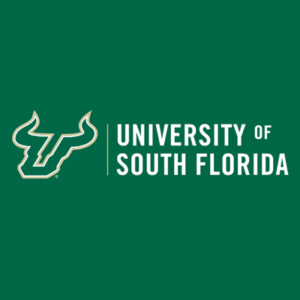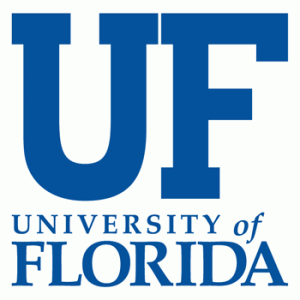 A $500,000 fund has been established by the Office of the Provost at the University of South Florida in Tampa to support research projects exploring the perpetuation of systemic racism in society that has resulted in economic inequities, social injustices, police violence, and other issues. The initiative is designed to create deeper understanding of these complex problems while forging solutions and productive community partnerships.
A $500,000 fund has been established by the Office of the Provost at the University of South Florida in Tampa to support research projects exploring the perpetuation of systemic racism in society that has resulted in economic inequities, social injustices, police violence, and other issues. The initiative is designed to create deeper understanding of these complex problems while forging solutions and productive community partnerships.
The USF Research Task Force on Understanding and Addressing Blackness and Anti-Black Racism in our Local, National and International Communities will aim to support research proposals that include community-based projects and programs, and projects that are positioned for sustained, external grant funding from local or federal agencies, corporate partners or other private sector foundations.
Steven Currall, the president of the University of South Florida explained that “the university community is embarking on new conversations about addressing systemic racism and the role faculty, students and sta can play in creating greater understanding in our society.”
 The University of Florida in Gainesville has established a Racial Justice Research Fund to support research and scholarship that will inform understanding of the Black experience, racial justice, diversity, equity and inclusion on campus and beyond. The initiative is designed to support research and scholarship that underscores and advances racial justice at the University of Florida.
The University of Florida in Gainesville has established a Racial Justice Research Fund to support research and scholarship that will inform understanding of the Black experience, racial justice, diversity, equity and inclusion on campus and beyond. The initiative is designed to support research and scholarship that underscores and advances racial justice at the University of Florida.
“My hope is that this kind of funding leverages UF’s multidisciplinary research strengths to develop solutions to the many health, education and economic disparities that affect people of color, on our campus, in our country, and around the world,” said David Norton, vice president for research at the university.
Antonio Farias, chief diversity officer at the University of Florida added that “the way to create sustainable change that leads to equitable racial outcomes is by valuing and funding scholarship on race and equity in the academy. We expect these projects to be catalysts for wider interdisciplinary efforts underway to diversify our STEM faculty, understand implicit bias, and remove barriers to success.”

